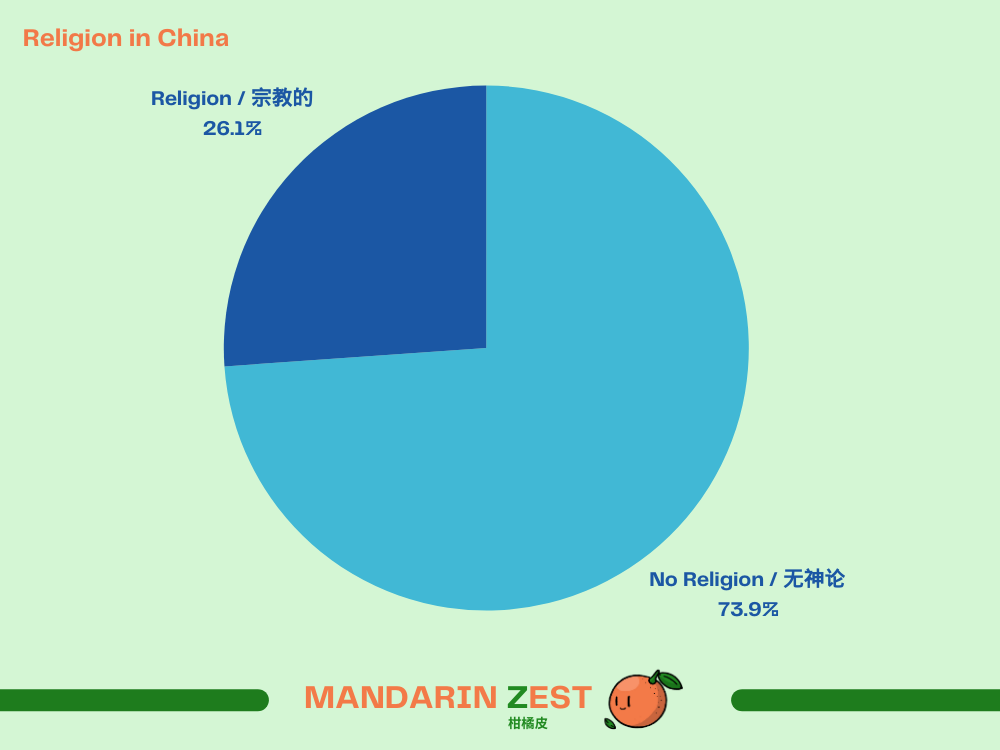Happy Birthday, Buddha 🎂
And to celebrate let's give Him a bath!
Today is the 8th day of the 4th lunar month, marking the birthday of a very important figure in Asia, Buddha.
佛诞日,又称佛诞节、浴佛节、灌佛节、龙华会、华严会等,每年农历四月初八,是中国佛教纪念释迦牟尼佛圣诞的一个非常重要的日子。
又称 (Yòuchēng) - Also known as
释迦牟尼佛 (Shìjiāmóunífó) - Shakyamuni Buddha
On Buddha's Birthday, also known as Buddha's Day, Bathing Buddha Festival, Pouring Water on Buddha Festival, Longhua Festival, Huayan Festival, etc., occurring on the eighth day of the fourth month of the lunar calendar each year, is a very important day for Chinese Buddhists to commemorate the birth of Shakyamuni Buddha.
Word of the Week: 浴佛 (Yù fú) - Buddha Bathing
Like all major religious celebrations, Buddha’s birthday comes with its panel of rituals, but the most important by far is the bathing of Buddha statues.
Let’s take a look at the legend and origins behind this peculiar practice.
相传北天竺迦毗罗卫城的城主净饭王之子乔达摩·悉达多(成佛之后佛号为:释迦牟尼)诞生时就会走路,而且步步莲花,在走到七步的地方,一手指天,一手指地的说:“天上天下,唯我独尊”,正当乔达摩·悉达多太子讲话时,突然天雨花香、九龙吐水,场景十分壮观。这位太子其实是从兜率天内院发愿降生人道的“护明菩萨”,长大后自行断发出家、修行、悟道成佛号释迦牟尼佛。
天竺 (Tiānzhú) - Former Chinese name of India
迦毗罗卫城 (Jiāpíluó Wèichéng) - Kapilavastu
净饭王 (Jìngfànwáng) - King Suddhodana
乔达摩·悉达多 (Qiáodámó Xīdáduō) - Siddhartha Gautama
诞生 (Dànshēng) - Birth
正当 (Zhèngdàng) - Rightful; right
壮观 (Zhuàngguān) - Magnificent
兜率天内院 (Dōushuàitiān Nèiyuàn) - Tushita Heaven Inner Court
发愿 (Fāyuàn) - Make a vow
护明菩萨 (Hùmíng Púsà) - Manjushri Bodhisattva (Protector of Light)
断发出家 (Duànfà Chūjiā) - Shaving his hair and becoming a monk
修行 (Xiūxíng) - Practice (meditation)
悟道 (Wùdào) - Attain enlightenment
According to legend, when Prince Siddhartha Gautama (later known as Buddha), son of King Suddhodana, was born in the city of Kapilavastu, he could walk and with each step, lotus flowers bloomed. When he reached his seventh step, he pointed one hand towards the sky and the other towards the earth, declaring, "In the heavens above and the earth below, I am the supreme one." As Prince Siddhartha spoke, suddenly, there was a rain of flowers and nine dragons spouted water, creating a spectacular scene. This prince was actually the Bodhisattva who had vowed to descend from the Tuṣita Heaven into the human realm, known as "Protector of Light." Growing up, he renounced his princely status, became a monk, practiced diligently, and attained enlightenment, earning the title of Shakyamuni Buddha.
佛门僧俗大众每于佛诞日这一天,仿效乔达摩·悉达多出生时的情景用甘草、茶或多种香草制成的“香汤”沐浴“太子”佛像,以示崇敬。因此,佛诞日又有“浴佛节”之称。
佛门 (Fómén) - Buddhism
僧俗 (Sēngsú) - Monks and laypeople
大众 (Dàzhòng) - Masses, public
In this case, "佛门僧俗大众" means Buddhists from all walks of life, including both monks and common Buddhist people.
仿效 (Fǎngxiào) - Imitate, emulate
沐浴 (Mùyù) - Bathe, cleanse
崇敬 (Chóngjìng) - Reverence, respect
On the day of Buddha's birth, Buddhists from all walks of life commemorate this event by bathing the statue of the "Prince" Buddha with a concoction of licorice, tea, or various aromatic herbs, mimicking the scene of Siddhartha's birth. This act is done as a gesture of reverence. Hence, Buddha's birthday is also known as "Bathing the Buddha Festival.
Religion in China - 中国宗教
China is one of the largest atheist (无神论 - Wúshénlùn) countries in the world, but the situation is more complex than it may seem.
The reality is that the majority of Chinese people do not consider their spiritual beliefs and practices to be a "religion" as such. In fact, it is estimated that around 80% of the Chinese population participates in religious rituals and festivals of the lunar calendar without affiliating with any religious institution.
China is officially an atheist state, but it recognizes five religions:
Buddhism | 佛教 - Fójiào
Taoism | 道教 - Dàojiào
Catholicism | 天主教 - Tiānzhǔjiào
Protestantism | 新教 - Xīnjiào
Islam | 伊斯兰教 - Yīsīlánjiào
Have you ever celebrated Buddha’s birthay? If so in which country? (Buddha’s Birthday is celebrated in over a dozen of Asian countries).
Antoine & Dorota





